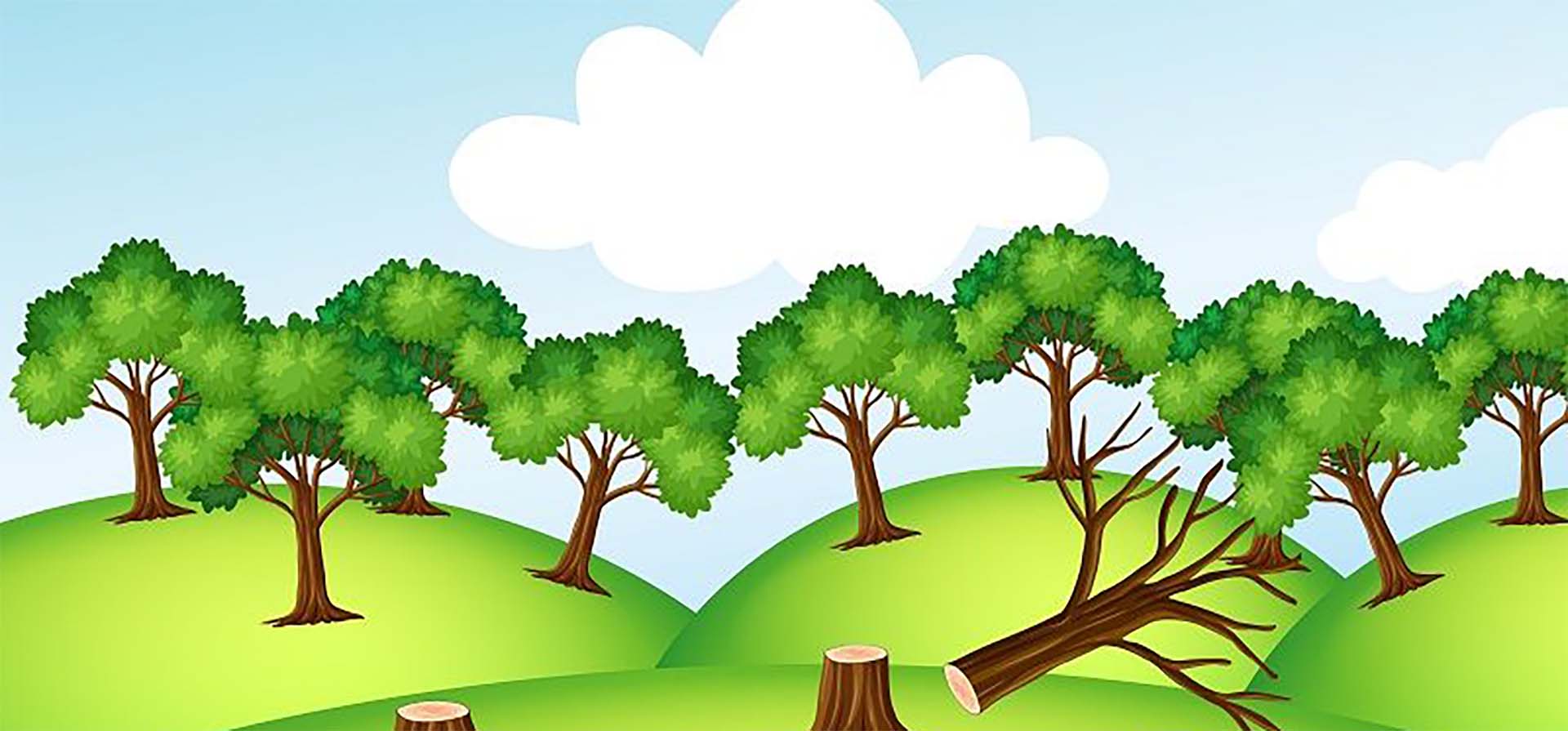Loraine Chemutai Koskei
Religion in most states in the Global South is a family affair. Our parents and guardians influence our religions from birth. Often, one does not choose their religion, they follow their parents' religion. Growing up in an African household, church was non-negotiable every Sunday. That was how I found myself a Christian, my parents' religion. Muslim children are introduced to Madrassa classes from a very tender age. Similarly, they also followed their parents' beliefs or converted along the way.[1] Religious communities and traditions have shaped family formation, relations, and parenting practices through messages, doctrines, social networks, and family space.[2] In the Global South, especially in Africa, religion and spirituality binds communities and people.[3] Christianity and Islam were introduced to East Africa in the 19th century. Before then, various tribes had their own traditional ways of worship.
Religions come with a system of belief in a higher being and teachings on how to live life in accordance with the beliefs and instructions given by the religious books or norms of the community. The youth make up a large percentage of the population in Africa. More than 60% of the African population, are youth under 25 years of age.[4] The pillars in various religions are elders, then youth and children. In religious communities, youth groups comprise of mainly unmarried members of the groups who are mostly between the ages of 15 and 25. The youth are important components of religious affiliations as they signify transitions. They are deemed to be the energy of the organisations. They coordinate religious roles with guidance from elders.
The youth are brought up through the teachings of their various religions, all which emphasise the sacredness of the environment. They play several roles in their religious communities, including providing continuity, a link between the young and old and ensuring that the religion or faith is sustained. The youth evangelise and are mostly in groups where they hold their own services, youth seminars and community service. Most religions have specific days of worship, most of them being weekly. Therefore, introducing agendas such as environmental action when members congregate provides a chance for the youth to participate in environmental conservation in their local churches.
Faith and religion have a great influence on environmental matters stemming off from creation stories found mostly in the Bible, Qu'ran and even African traditional religions. African traditional religions consider nature sacred.[5] Amongst the Kikuyu in Kenya, the Mugumo tree is considered sacred and Mount Kenya is regarded as God's residing ground. Amongst the Christians, the Bible starts with the creation story where God created the earth and on the last day, he created man to be the custodian of creation and the environment. For Buddhists, nature is important because it provides a place where rapid progress in Buddhist practice, or self-cultivation, can be made. These are just a few teachings and beliefs promoted by various religious groups.
The structures of various faiths promote the development of youth groups. Invariably, faith communities have organisational structures that enable youth groups to thrive in the communal group, sub-parishes, parishes, dioceses and the country. Therefore, the conversations concerning environmental action can be brought down to the grassroots.
There are several ways the youth in religious groups can promote environmental action. First is through awareness activities that make civic education on environmental action and protection easier. Additionally, there is a need to highlight the environmental issues affecting communities and how they can mitigate those challenges. The dissemination of information on the current state of environmental issues can help spread awareness on environmental challenges and how environmental matters should be handled. Second, youth groups can conduct environmental conservation activities such as tree planting exercises, environmental clean-up activities as well as the prevention of soil erosion and the promotion of sustainable agriculture.
Besides the youth, faith-based communities can help in promoting environmental conservation by setting up programmes that have a focus on promoting sustainable environmental practices within their jurisdictions. For instance, the Catholic Church has the Laudato si' movement led by Pope Francis which entrenches the teachings of the papal encyclical on environmental care.[6] Similarly, the Muslim community has the Al Mizan, which also emphasises Islamic teachings on environmental care. From such teachings, the faithful can be get teachings which they can analyse and practice through the youth groups in their congregations.
In conclusion, the influence of faith and religion, especially in Africa is undeniable. This can be a powerful tool in promoting environmental action. The use of youth groups in these religious communities can help accelerate environmental conservation and protection. Youth groups can also provide innovative community-specific measures on environmental conservation.
[1] Laurenti Magesa, What is not sacred? African Spirituality, Orbis Books, 2014, 2.
[2] John S Mbiti, African Religions and Philosophy, Heinemann, 1990, 3.
[3] Mbiti, African Religions and Philosophy, 2.
[4] The World Economic Forum, 'Why African youth hold the key to its development potential', <https://www.weforum.org/agenda/2022/09/why-africa-youth-key-development-potential/>Accessed on 29 August, 2023.
[5] Mbiti, African Religions and Philosophy, 52.
[6] Francis, Pope, Laudato Si': On care for our common home, Ideals and Ideologies, Routledge, 2019.



